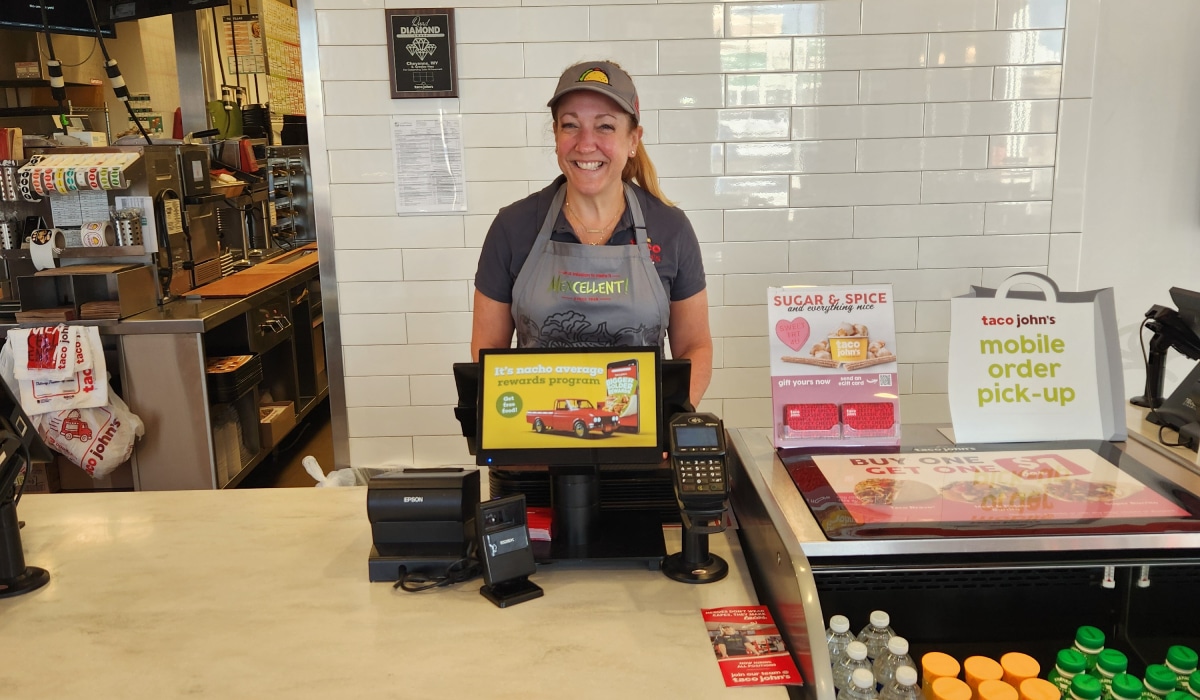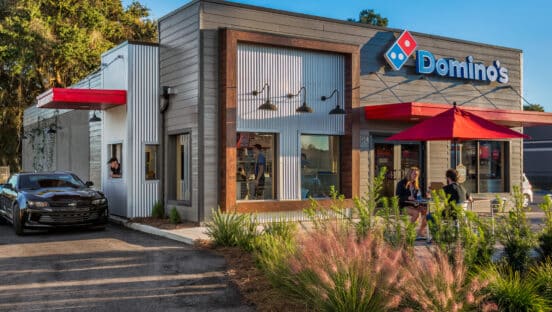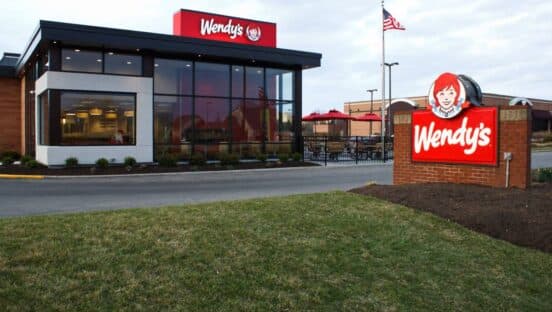During her first few weeks as CEO, Heather Neary met one woman in South Dakota who’s been with the chain since 1979. Keep in mind, the brand was founded 10 years earlier.
She was passionate and more than willing to share her input on the company’s future, as one would expect from someone who’s been part of something for nearly five decades. Neary certainly appreciated the insight. From this conversation and others, she gathered the importance of explaining the “why” behind what’s happening with Taco John’s. All of her decisions will filter through the five Cs—culture, collaboration, communication, consistency, and kindness (Neary is fully aware of the “K”, for those wondering).
“When we do make a change in something or we do roll out a new program, we’ve collaborated with the franchisees on that piece of decision, whatever that looks like,” Neary says. “No. 2 is we’re communicating in a way that’s meaningful and we’re making sure that everybody understands the ‘why.’ It’s not just we’re doing this now, period beginning April 1. It’s, ‘We’re doing this new program. Here’s the soft rollout. Here’s the hard launch, here’s why we’re doing it. Here’s the testing behind it.’ All those details so the franchisees can go, ‘Oh, this is a well-thought-out decision. We were involved in the conversation and here’s why we’re going to do it.’ I think it’s an opportunity for us to get really a lot stronger at that communication culture.”
Before accepting the position, Neary’s research on Taco John’s showed “a legacy brand with such a rich history in the Mexican quick-service space,” she says. As the CEO puts it, “55 years, nothing to sneeze at. It’s pretty impressive.” Because of that long history, she has the opportunity to work with franchisees who are second generation and in many cases coming up on the third generation in the near future.
Neary entered a chain that franchises 350-plus locations in 23 states, putting it within the top 10 largest Mexican chains in the U.S. in terms of footprint. She followed Jim Creel, who worked at Taco John’s for 24 years—six of them as CEO—and retired at the end of 2023. Neary recognizes the strong foundation; everyone she knows from the Midwest has fond memories of growing up with the brand.
The opportunity ahead of Taco John’s is gaining relevance with younger consumers. Neary also plans to encourage growth from existing franchisees in a manner that makes sense. Although the Midwest is where Taco John’s has the most equity, the CEO wants to figure out a way to break out of the region and plant flags concentrically in new markets.
The company finished with 364 restaurants in 2023, consisting of 357 franchised locations and seven corporate units. The footprint declined by a net of 25 restaurants in the past three years. According to Taco John’s FDD, it projects 13 openings in 2024, including four in Wisconsin, two in South Dakota, North Dakota, and Massachusetts, and one in Illinois, Minnesota, and Ohio. In May, the chain announced that it would revive its Drive Thru Olé concept. This revamped prototype is less than half the size of the 2,200-square-foot traditional location, requiring just .35 to .50 acres of land and 900 to 1,100 square feet of space.
“Obviously growth is huge for us. That’s how brands continue to stay alive—by growing with the existing franchisees and new franchisees,” Neary says. “So I think from my perspective, it’s hard to say early on what exactly the priorities will be and what the strategies will be behind those priorities. But I think early on some things that I’m looking at are really around improving franchisee profitability, making that business model stronger for them. And then also, just really working together to create a really collaborative, highly trust-driven work ethic between the franchisor and the franchisee.”
Neary has spent almost 20 years in the franchise space. She worked at Auntie Anne’s for about 16 years, starting as a marketing manager and working her way up to brand president from November 2015 to January 2021. For roughly three years, Neary was brand president of KBP Bells, a franchisee of Taco Bell restaurants.
She believes there’s a natural tension between franchisees and franchisors, but it’s a healthy one as long as the two sides are working together to find the best outcome. Neary understands that everyone won’t agree all the time, which makes it more important to listen carefully to operators. She stresses the need to learn where they’re coming from, about their background, what their realm of experience is, and how that relates to their concerns. Neary has spent much time with franchisees in the past few weeks cooking inside the restaurant (she can make all the items on the menu, slowly but surely) so that she can understand the challenges. The executive also found it to be a good time to establish a strong relationship with franchisees.
That’s how Taco John’s was built, and Neary has no plans to change that culture.
“I think the company has a really incredibly strong foundation,” Neary says. “I think it’s a matter of us polishing the edges of a few things and then we’ll really be able to grow in a meaningful way with both existing franchisees and new folks. I met a bunch of folks here corporately at the office during my interview process. I was really impressed with the caliber of corporate employees as well, their passion for the organization, their passion for the brand, and their excitement about making Taco John’s the best that it can be.”







